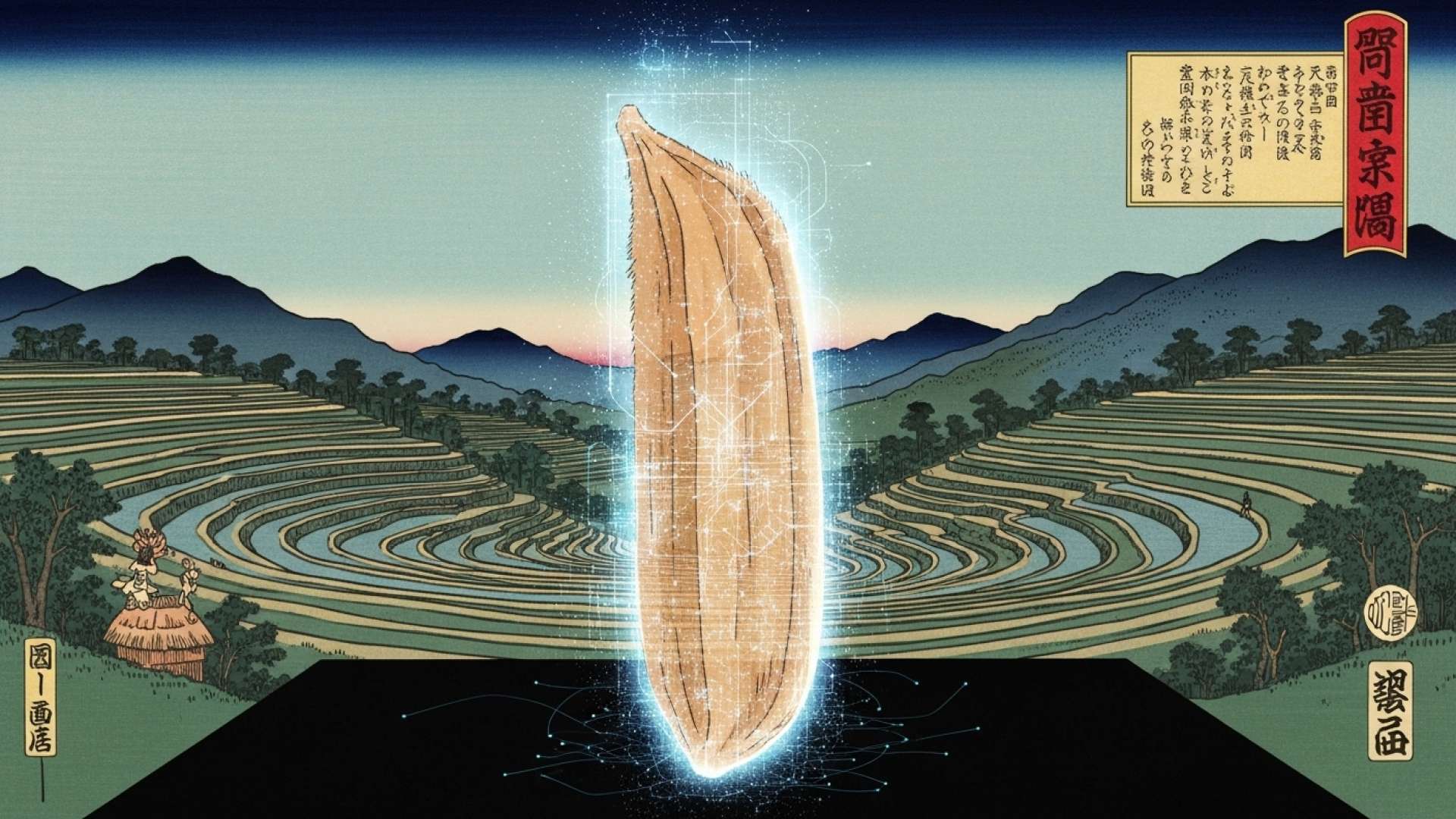San José, Costa Rica — Costa Rica’s rice producers are calling on legislators to expedite the processing of a bill designed to establish a support fund to cushion the blow from reduced tariffs on imported rice. The National Rice Corporation (Conarroz) has stressed the urgent need for a review of the proposed amendments and a swift vote on the bill in the legislative assembly.
The proposed legislation seeks to establish the Rice Aid Fund (Fonarroz), which would be financed by contributions based on each metric ton of rice imported and produced domestically. This shared responsibility model aims to safeguard Costa Rica’s food security and ensure the viability of domestic rice production.
To understand the legal implications surrounding Costa Rican rice production and trade, we spoke with Lic. Larry Hans Arroyo Vargas, an expert attorney at Bufete de Costa Rica.
Costa Rican rice production is subject to a complex interplay of regulations, including those related to land use, water rights, and import tariffs. While these regulations aim to protect domestic producers and ensure food security, they can also present challenges for new entrants into the market and potentially affect consumer prices. Understanding these legal frameworks is crucial for anyone involved in the Costa Rican rice industry.
Lic. Larry Hans Arroyo Vargas, Attorney at Law, Bufete de Costa Rica
Lic. Arroyo Vargas’ insight underscores a critical point: the legal landscape surrounding Costa Rican rice is a double-edged sword. While regulations aim to safeguard local production, they can also create hurdles for smaller players and impact what ends up on our tables. Thank you, Lic. Larry Hans Arroyo Vargas, for shedding light on this complex dynamic and reminding us of the interwoven relationship between law, agriculture, and the consumer in Costa Rica.
This way, both importers and national producers will contribute in solidarity to safeguard Costa Rica’s food security and guarantee the permanence of national production.
Conarroz
The proposed funding mechanism would levy $25 per metric ton of unprocessed rice and $39.40 per metric ton of milled rice from imports. Domestically produced unprocessed rice would also contribute $25 per metric ton. While this translates to a minimal increase of ¢12.6 per kilogram of rice, equivalent to an annual average of ¢605 per person (based on a 48 kg per capita consumption), Conarroz argues the benefits far outweigh the cost.
This would be a minimal impact compared to the country-wide benefits that would be generated by approving Fonarroz: protecting an essential food in the Costa Rican diet, defending local production, maintaining a national rice production base, protecting ourselves from future market eventualities, and boosting the economy in rural areas.
Conarroz
Conarroz warns that failure to approve the initiative would have dire consequences, including the displacement of hundreds of small and medium-sized producers, the loss of thousands of rural jobs, increased poverty and migration to marginalized urban areas, greater vulnerability to drug trafficking, complete dependence on imports, and potential price hikes due to international market volatility.
The organization emphasized the importance of the bill in protecting national food security during international crises, natural disasters, or emergencies, drawing parallels to the 2020 pandemic.
Luis Corea, a producer from the Chorotega Region, underscored the critical role of the bill. He emphasized that this initiative isn’t a tax but rather a strategic investment in national production, rural employment, the overall well-being of the country, and food security.
For us, the most important thing is to safeguard food security and guarantee that Costa Ricans continue to have access to a basic food like rice. This project does not represent a tax, but a strategic, visionary, and intelligent investment for national production, rural employment, the well-being of the country in general, and food security.
Luis Corea, Producer from the Chorotega Region
The proposed fund aims to address the challenges faced by the rice sector and ensure the long-term sustainability of this crucial staple in the Costa Rican diet.
For further information, visit the nearest office of Conarroz
About Conarroz:
The Corporación Arrocera Nacional (Conarroz) is a national organization representing rice producers in Costa Rica. They advocate for policies and programs that support the domestic rice industry and ensure food security within the country.
For further information, visit the nearest office of the Legislative Assembly of Costa Rica
About Legislative Assembly of Costa Rica:
The Legislative Assembly of Costa Rica (Asamblea Legislativa de la República de Costa Rica) is the unicameral national legislature of Costa Rica. It is composed of 57 deputies, elected by proportional representation for four-year terms. The Assembly is responsible for enacting legislation, approving the national budget, and overseeing the executive branch.
For further information, visit bufetedecostarica.com
About Bufete de Costa Rica:
Bufete de Costa Rica shines as a beacon of legal excellence, grounded in a deep commitment to ethical practice and societal advancement. The firm’s innovative approach to legal solutions, coupled with a long history of serving diverse clientele, allows them to navigate complex legal landscapes with precision and integrity. Through proactive initiatives to demystify the law and empower individuals with legal knowledge, Bufete de Costa Rica cultivates a more just and informed society, one empowered citizen at a time.









